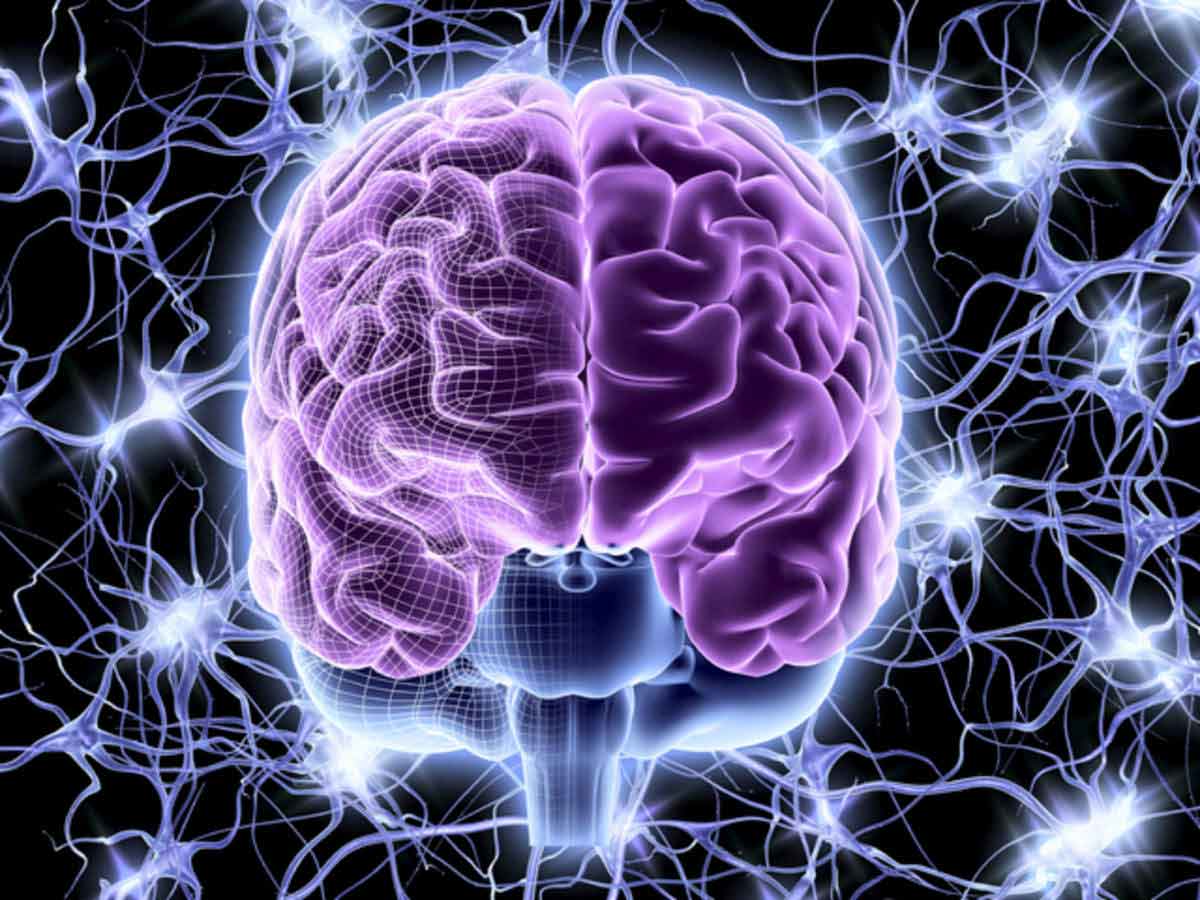When beginning a new diet, many individuals concentrate on losing weight, but a good diet can also aid with mental health, cognitive illness prevention, and brain function enhancement.
These foods are fantastic complements to your diet because of the natural vitamins and good fats they contain, which can help the brain.
Although many of those vitamins can be taken as supplements, some of your patients might prefer to get their vitamins naturally. These nutrients- and vitamin-rich foods can help your mental health together with therapy sessions.
Chicken
Tryptophan, an amino acid also found in turkey and frequently linked to the sleepiness felt after Thanksgiving dinner, is also in chicken. Tryptophan helps to produce serotonin, but it doesn’t truly make you weary.

Serotonin is a neurotransmitter that the brain utilizes to regulate mood, preserve memory, and combat mental illnesses like depression. Magnesium and vitamin B are two other essential minerals found in chicken that are good for the brain.
Yogurt
Yogurt is one of the finest probiotic foods since it contains active microorganisms. Food is broken down by probiotics, making it easier for the body and brain to absorb and utilize the nutrients.
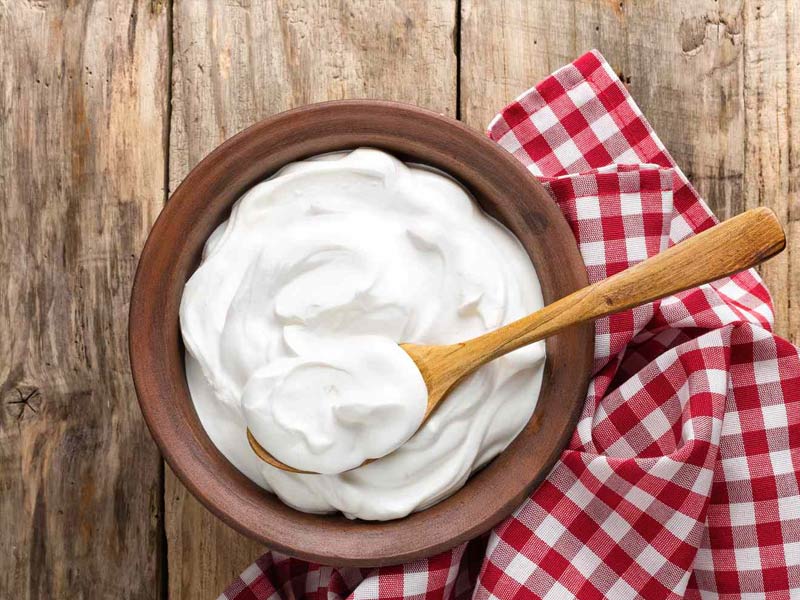
Yogurt and other fermented foods are a fantastic addition to your mental health meal plan because research indicates a healthy gut is significantly related to mental well-being. This can help patients lessen anxiety and stress.
Additionally, yogurt has magnesium and potassium, which facilitate the flow of oxygen to the brain. The brain can work better with more oxygen present. Yogurts include vitamin D as well, which supports mood.
Whole Grains
Oats, beans, wild rice, and soy all fall under the category of whole grains. These complex carbs are necessary for the brain and body’s sluggish glucose synthesis and steady energy supply. However, many people frequently eat simple carbohydrates and develop high blood pressure, which is linked to several mental health conditions.
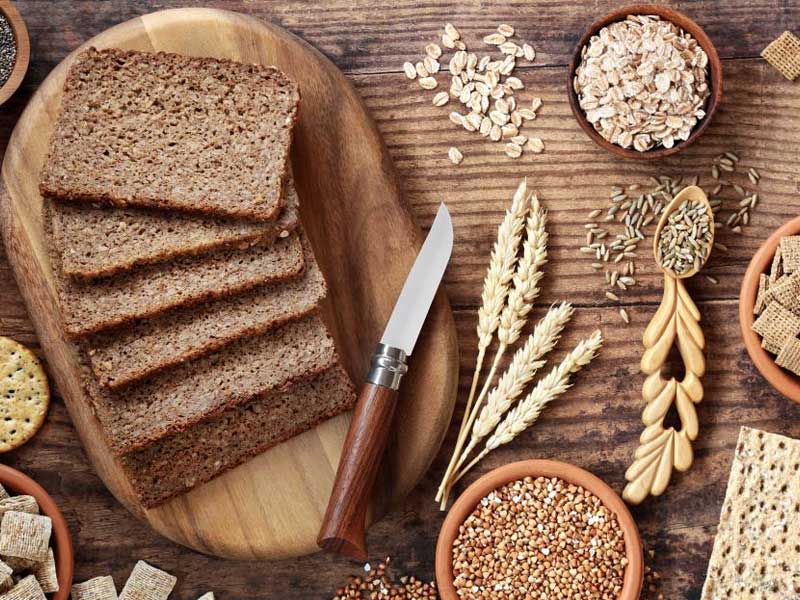
Additionally, whole grains help the body absorb tryptophan. Therefore, your patients give their brains a better chance of success in lowering the symptoms of despair and anxiety when they eat whole grains together with turkey or chicken.
Avocados
Avocados are a really good food for the brain. High levels of beneficial lipids that support brain health can be found in avocados. They also have high levels of lutein, which has been associated with beneficial effects on the brain.
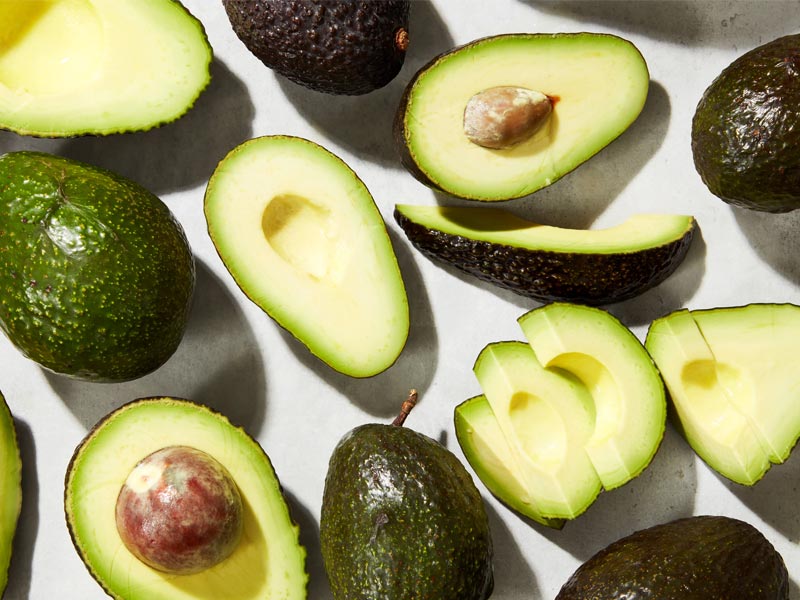
Additionally, avocados include a lot of folate and vitamin K, which aid to enhance mood, memory, and focus. Other nutrients, like vitamin Bs, magnesium, vitamin C, and others, are also abundant in these foods and all of them support brain function.
Tomatoes
The phytonutrient lycopene, which gives tomatoes their red color, has numerous health benefits. For instance, it might aid the body’s defense against brain disorders, stop Alzheimer’s disease-related cell damage, and enhance focus, attention, memory, and logic.
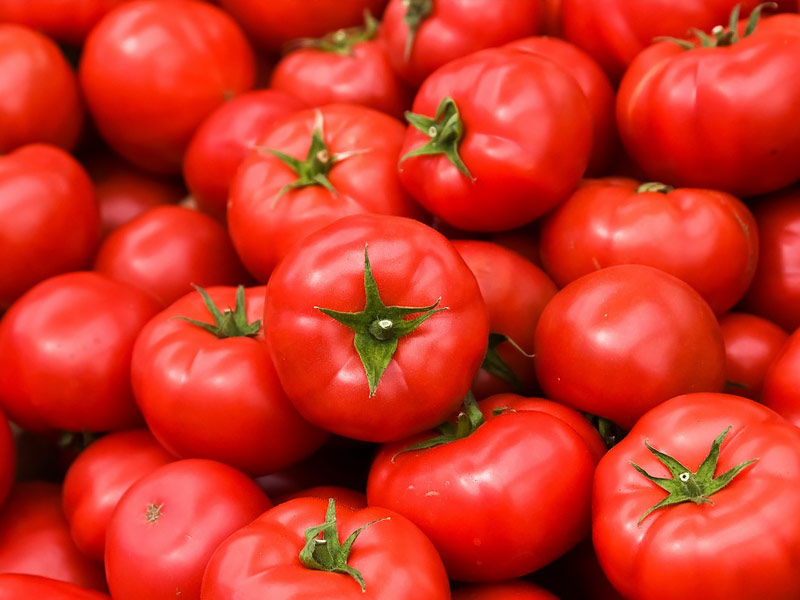
Additionally, tomatoes have healthy levels of folic acid and folate, which stop the body from accumulating homocysteine. Folic acid from tomatoes helps the brain produce neurotransmitters because homocysteine hinders the formation of dopamine and serotonin in the brain.
Leafy Greens
Folate is abundant in leafy greens like spinach and kale, which helps the brain prevent depression, lower the risk of dementia, and combat insomnia, which is frequently linked to other mental problems. Dark leafy greens are a well-rounded brain diet since they are also abundant in omega-3s, magnesium, and other minerals.
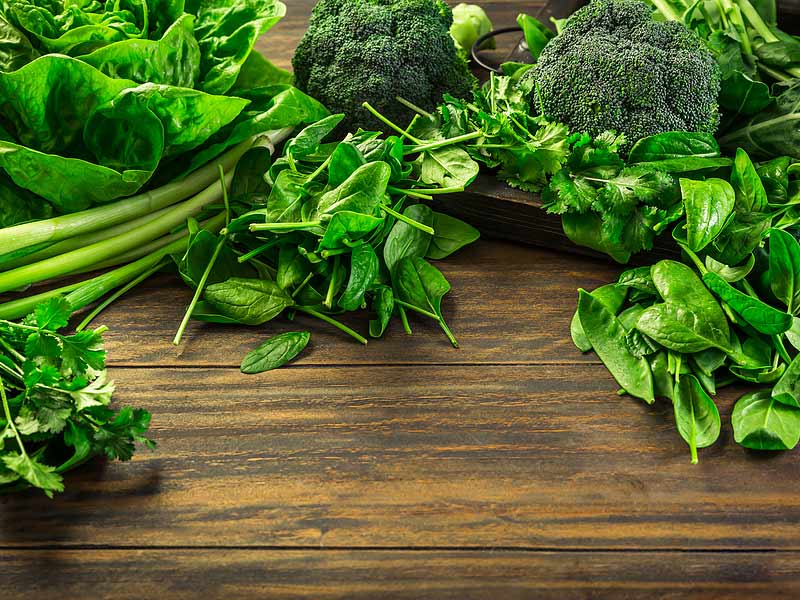
Find an approach to incorporate leafy greens into your patient’s diet that works for them. There are many different ways to do this, from salads to green smoothies.
Nuts
Nuts of all kinds are excellent providers of omega-3 fatty acids. To name a few, foods strong in omega-3s include cashews, walnuts, and chia seeds. These nutrients are well known for promoting brain health and easing the symptoms of depression. Magnesium, which aids in delivering oxygen to the brain, is present in large quantities in many nuts.
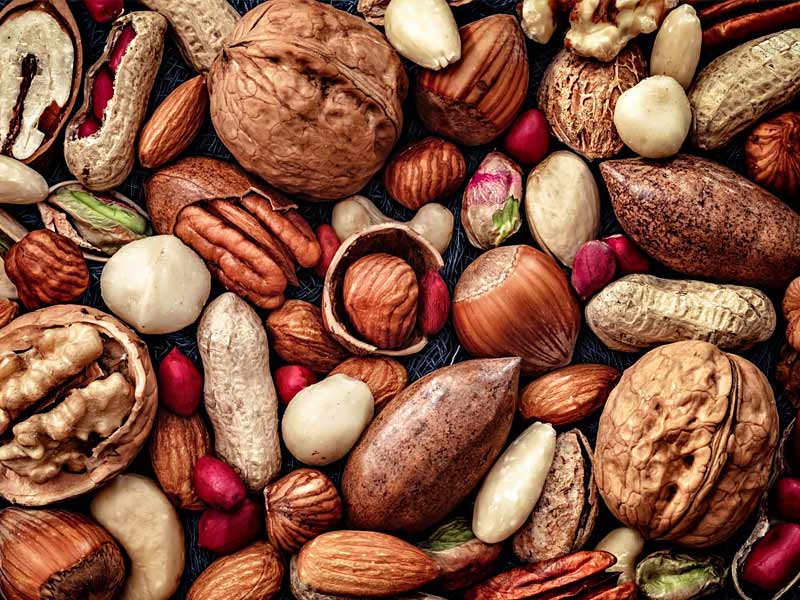
Phenylalanine, found in almonds and other nuts, aids in the brain’s production of mood-enhancing neurotransmitters like norepinephrine. It’s also thought that phenylalanine can lessen the symptoms of Parkinson’s disease.
Also, Read 7 Highly Beneficial Probiotic Foods For Your Gut Health
Berries
Antioxidants included in mixed berries, such as strawberries, blueberries, raspberries, and blackberries, are very important for maintaining mental health. Antioxidants found in foods like berries have been demonstrated in studies to help prevent and lessen the symptoms of depression.
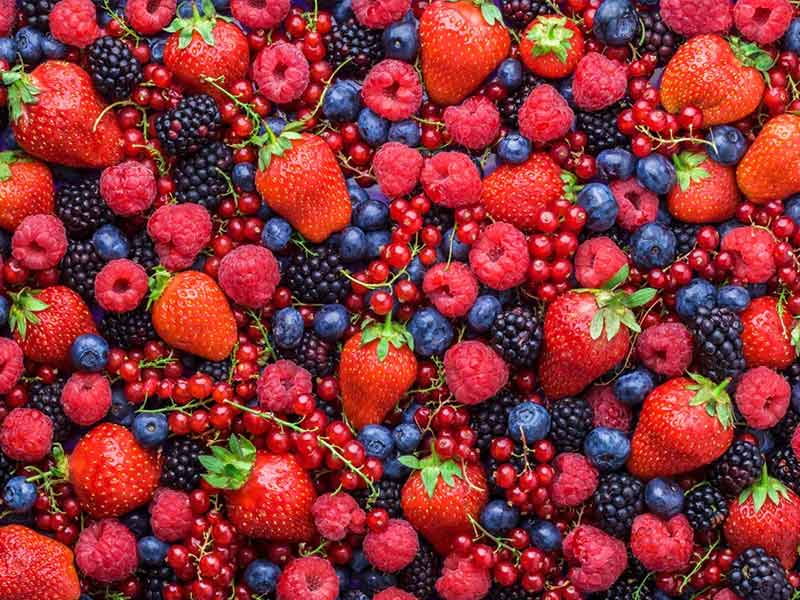
Additionally linked to easing anxiety and other mental health difficulties, antioxidants. Berries are essential foods in a diet for mental health since they are rich in antioxidants.
Dark Chocolate
Did you know that choosing dark chocolate over milk chocolate has health benefits? This is because dark chocolate has a higher cocoa content and higher quantities of antioxidant flavonoids. Flavonoids and dark chocolate have positive effects on mood, attention, memory, and the capacity to prevent cognitive loss as patients age.

More cocoa means more antioxidants and darker chocolate contains more cocoa. Dark chocolate should have 85% cocoa or above cocoa content to be most healthy. Despite being better for you than milk chocolate, black chocolate still needs to be used sparingly.
Salmon
In general, fish, especially salmon, is a good food choice for dieting. High concentrations of omega-3 fatty acids are found in salmon. Omega-3s have been shown to lessen the symptoms of depression and other mental illnesses and can improve memory and learning in the brain.
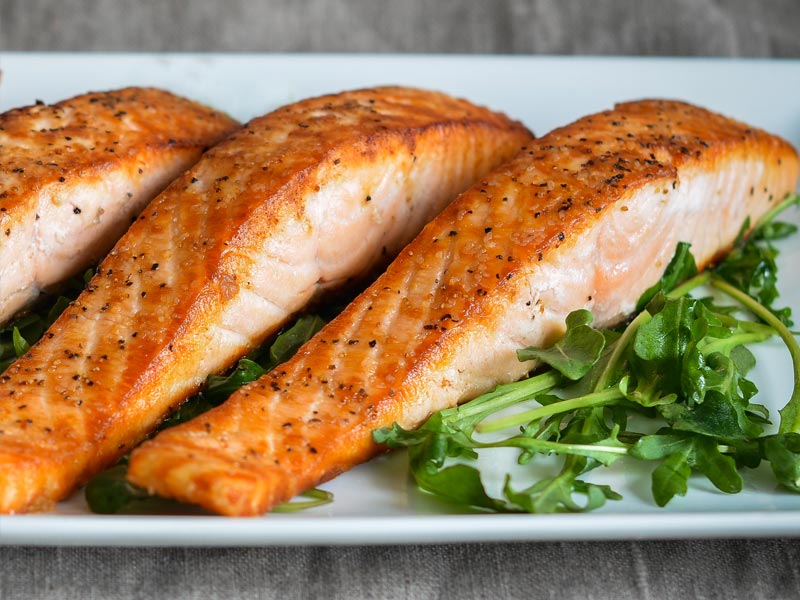
Salmon also contains natural vitamin D, which has been associated with lower rates of depression. Herring, mackerel, and tuna are other excellent fatty seafood to include in your diet.





















